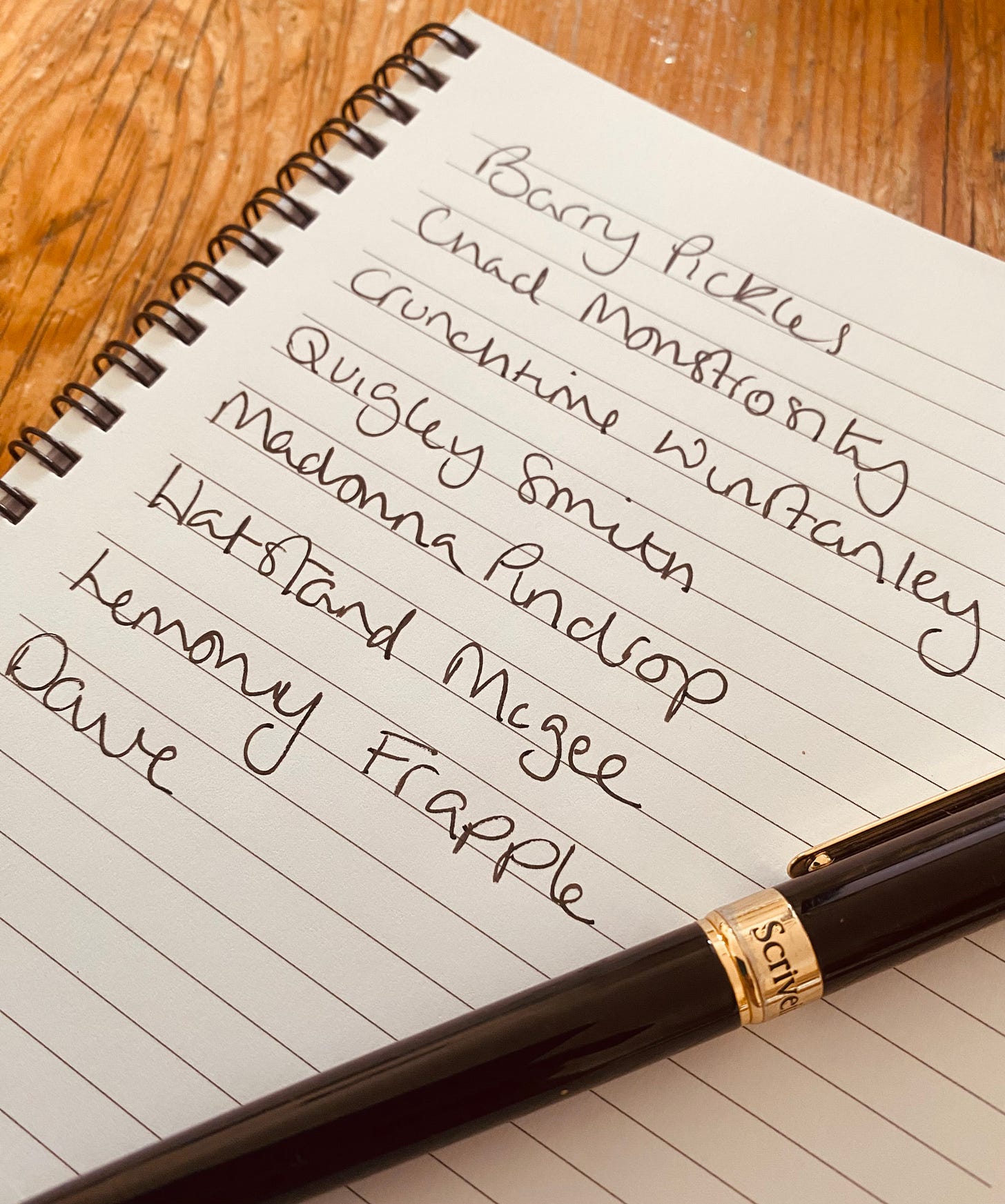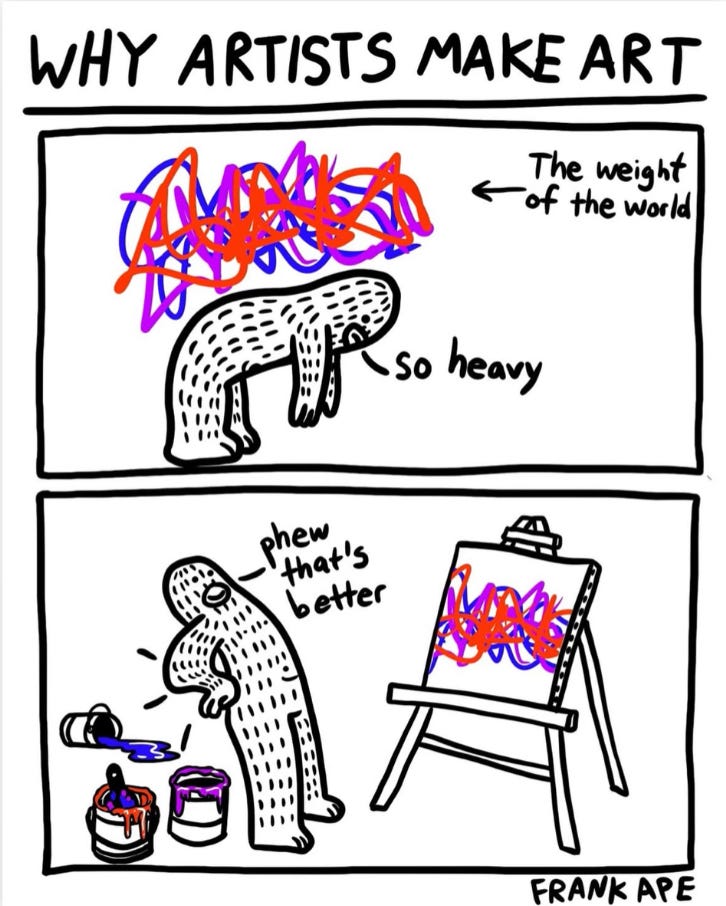We’ve all done it. You’re deep into chapter 17 or act three, wildly bashing out a barrage of delicious dialogue when it hits you: ‘Didn’t I already use the surname ‘Taylor?’
You scroll back and there’s the culprit - another Taylor, completely unrelated. Not even a distant cousin. Just an accidental repetition. Whoopsie.
Naming characters is a delicate art. Names carry meaning, shape personality and, let’s be honest, sometimes they just sound right. I’m very particular about the rhythm of words and how they scan across the page.
But unless you’re blessed with a photographic memory, it’s dangerously easy to repeat monikers, choose similar-sounding ones, or even forget them altogether. I imagine it’s even more the case with fantasy novels, where you could easily end up with four Spectres, three Zylords and and two Storms.
That’s why it’s essential to keep a running list of every name you use, from the stars of the show to minor characters.
Recently, I had to compile a list for my novel because the cast is ever-increasing and I just couldn’t keep up. When you’re world building, you can get through a lot of names.
Plenty of established authors swear by their systems. J.K. Rowling reportedly kept extensive spreadsheets tracking birthdays, relationships and wand types. (That makes sensilliarmus).
George R.R. Martin, the author of Game of Thrones, apparently uses a massive old-school word processor file to manage his sprawling Westeros cast of queens, rogues and dragons. He told Rolling Stone mag: “I have a giant, huge, incredibly complicated file with the names of every character, living or dead.”
And then there’s Olive Kitteridge writer Elizabeth Strout, who says: “Names are so important. I keep a notebook where I jot down ideas for them. If I forget a name, I feel like I’ve forgotten the person.”
That’s actually very touching.
I have a notebook with the names listed but then I transfer the list to a Word doc, and then the cloud for safety. When I was writing screenplays, Final Draft compiled the names of characters for me, and I imagine that for novels, Scrivener does the same (although I can’t be sure because I don’t use it).
None of this reinvents the wheel but it’s so important; keeping a record saves time, stress and confusion (both yours and your reader’s). And it also helps with continuity, especially if you plan to revisit characters in sequels, prequels or short stories.
So whether you use a trusty notebook, a colour-coded Excel sheet or a series of sticky notes stuck to your forehead, find a system that works for you.
Because the next time you invent a charming restauranteur named Barry Pickles, make sure he goes in the list. One Barry Pickles is delightful. Two Pickles will just get you into one!
How do you keep tabs on yours?
Lisa
Dear reader, I saw this cartoon earlier today and it resonated hard, so had to share.
Credit to Frank Ape.







Pickles!
Names are important, and fun to create!